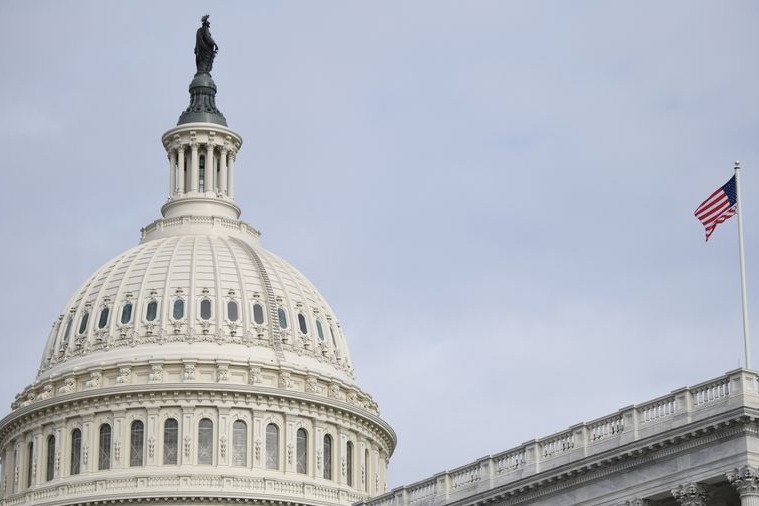Scrapping of rail project may hurt Malaysia


Soon after being elected Malaysia's prime minister, Mahathir Mohamad cancelled the $17 billion high-speed rail project linking the Malaysian capital of Kuala Lumpur and Singapore.
Mahathir had reasons to make the surprising decision. According to the Malaysian Finance Ministry, at the end of last year the government's debt and liabilities had reached nearly 1.09 trillion Malaysian ringgit ($251.74 billion), accounting for about 80 percent of the country's GDP. It is natural therefore that Mahathir would accord top priority to reducing debt. But he also chose to re-evaluate and reduce the costs of infrastructure projects that were signed by the previous government.
Since Malaysia would not benefit much from the costly Kuala Lumpur-Singapore high-speed railway, he said, he preferred to pay compensation of about $126 million to pull Malaysia out of the project. It will also cut almost a fifth of the country's debt and liabilities, he said.
Besides, the Mahathir government will renegotiate the $14 billion rail project being implemented by a Chinese company since August 2017 in the East Coast.
The fact is, Malaysia and Singapore negotiated for 10 years before signing the high-speed rail project, and six companies from China, Japan, the Republic of Korea and the European Union spent a lot of time and money bidding for the contract. More importantly, the under-construction East Coast high-speed railway is part of the Trans-Asian Railway network on which several countries have spent huge amounts of money.
True, the scrapping of international contracts will help reduce Malaysia's debt in the short term. But it will also raise doubts over the Malaysian government's credibility and investment environment, which in turn could create problems for Malaysia in the long term, especially because the country lacks the infrastructure needed to boost domestic development.
The infrastructure issue is generally an internal matter of Malaysia, associated with its vital interests and not aimed at any country on purpose. Still, bilateral investment agreements should be respected, particularly when China and Malaysia have strengthened relations through infrastructure cooperation under the Belt and Road Initiative. Since infrastructure involving Chinese companies in Malaysia continue to linger, it is hoped the Malaysian government will make a decision that is conducive to its economic development in the long run.
As for Chinese companies, when operating in foreign countries, they should weigh the pros and cons and thoroughly study the local laws and regulations before entering into a contract to build infrastructure projects. They should also make continuous efforts to develop and maintain relations with local governments, companies and the media so they can let their side of the story be known, as well as engage in social services and philanthropy, so that they can establish proper interaction with the local people.
Only by winning the recognition and support of the local government and people can a company better protect its rights and interests while operating in a foreign country.
The author is an associate researcher at the National Institute of International Strategy, Chinese Academy of Social Sciences.


































